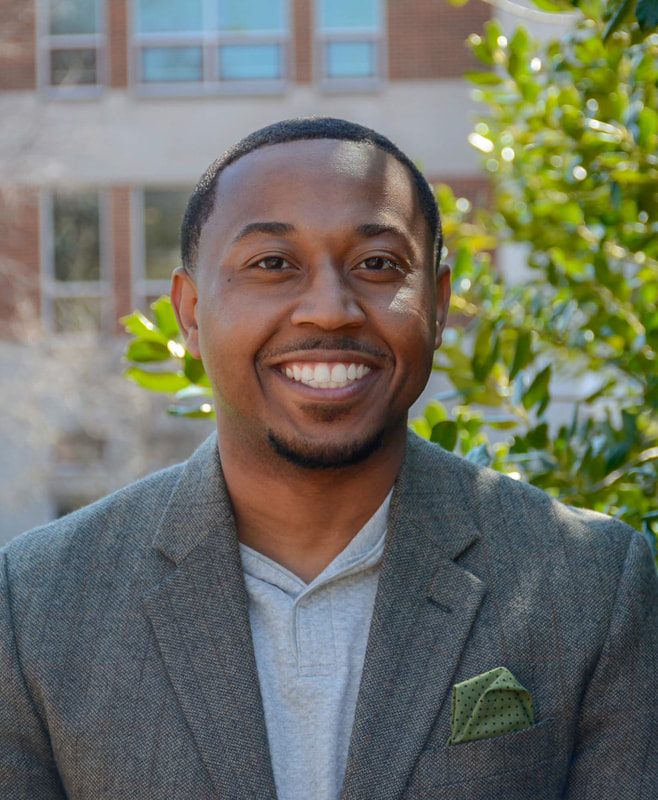and the Director of Stormwater Infrastructure Resilience and Justice (SIRJ) Lab in the School of Architecture, Planning and Preservation at the University of Maryland – College Park, MD.
The study of the relationship between water and green spaces and flow and permeability dynamics that support the natural management of water, both in terms of water quantity and water quality. Processes that if replicated and restored can play a critical role in addressing stormwater runoff, groundwater recharging, nutrient treatment, and other ecosystem services, particularly in human-built environments.
What are your undergraduate and graduate degrees in?
My undergraduate work is in psychology and health promotion. My masters is in public health and my Ph.D. is in urban and regional science.
How did you arrive at working in/thinking about ecohydrology?
My pathway to ecohydrology was quite serendipitous in some ways and systematic in others. Growing up in a community plagued by flooding planted a seed of questioning the management of water and related infrastructure. As a first generation college student, however, I wasn’t quite sure what a career in that space looked like. Nevertheless, I did know that emergency and paramedicine was one layer of support, particularly in response to these events. So my original plan was to pursue a career as a firefighter/EMT. Toward the end of my undergraduate career I was encouraged by some of my professors to look into public health and building on the health promotion background within the context of public health emergencies. Upon completing my masters I realized that public health still wasn’t getting after the root cause of the issue of flooding, but certainly played a part in public exposure and impact. When looking into PhD programs with a focus on hazards and disasters, I learned of a center focused on hazard reduction and recovery that happened to be located in the landscape architecture and urban planning department. I went on to discover that there were issues related to land use, infrastructure, and the development of the natural and built environment that essentially set the stage for urban hydrology and water management, particularly stormwater runoff that leads to flooding. The rest is history. Since my PhD studies I’ve expanded my research program to explicitly include ecohydrology within a stormwater infrastructure planning and management research program toward flood hazard mitigation and improved water quality.
What do you see as an important emerging area of ecohydrology?
I see environmental and climate justice as an important emerging area in ecohydrology for both its human and social implications in general and the justice specific narrative in terms of ensuring that ecological restoration and resilience are applied fairly across all segments of the population irrespective of race, ethnicity, national origin, or class, particularly when ecohydrology intersects with urban environments.
Do you have a favorite ecohydrology paper? Describe/explain.
I’d have to say Amy Vanderwarker’s report chapter on water and environmental justice because it was one of those earlier pieces for me that provided an overarching framework for issues of water specifically including ecohydrology within an environmental justice framework. In her piece she touches on everything from water and land management to drinking water quality and provides policy and case study examples demonstrating the human justice side of water, infrastructure, and hydrology.
Vanderwarker, A. (2012). Water and environmental justice. A Twenty-First Century US Water Policy, 52.
What do you do for fun (apart from ecohydrology)?
Outside of work, I enjoy running and biking around Washington DC, specifically the tidal basin. During what I like to call BC (Before COVID), I enjoyed live music and attending concerts.

 RSS Feed
RSS Feed